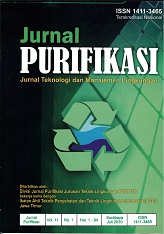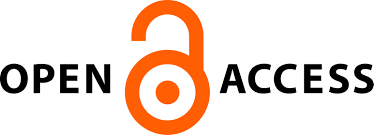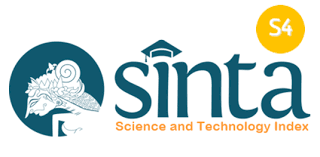LIFE CYCLE ASSESSMENT PADA SISTEM PENGELOLAAN SAMPAH DI WILAYAH SARBAGITA, BALI
Main Article Content
Abstract
The requirement of reliable and scientific based data with more information has induced requirement of decision making tool for solid waste management. This study used life cycle assessment (LCA) methodology as environmental analysis tool for comparing different scenarios for municipal solid waste management. The scenarios which were considered in this study included: landfilling without energy recovery as a representative of existing solid waste management, landfilling with energy recovery, combination of incineration and anaerobic digestion, combination of gasification and anaerobic digestion, direct incineration, and direct gasification. A case study in SARBAGITA region in the Province of Bali is discussed. One tonne of treated solid waste was defined as a functional unit of the systems studied. The Life Cycle Inventory (LCI) analysis was done by including field and laboratory survey to characterize solid waste in area study and using emission factors which were adopted from literature to estimate environmental burdens for each scenario. The inventory results were classified into impact categories, i.e. global warming, acidification, eutrophication, and photochemical oxidant formation. The indicators of categories were quantified by using the equivalence factors of relevant emissions to determine the potential of environmental impact in each scenario. Results of the study showed that in all of the impact categories, the direct gasification scenario had the best environmental profile. A sensitivity analysis was also conducted to examine changes in outcomes of a variety of organic bio-waste inputs, which had no significant effect on the overall results.
Downloads
Article Details
Submission of a manuscript to Jurnal Purifikasi means that the work has never been published in another journal and is not under consideration for publication elsewhere. The author hereby agrees to submit the copyright of the manuscript and its contents to Jurnal Purifikasi, if accepted for publication. Accepted manuscripts will be published in printed form where the ISSN is bound in printed form, not in online form (pdf). Authors are not allowed to publish their work in other forms (journals) without permission from the Jurnal Purifikasi manager.
By submitting a manuscript, the author is deemed to know all the rights and obligations attached to each manuscript.








